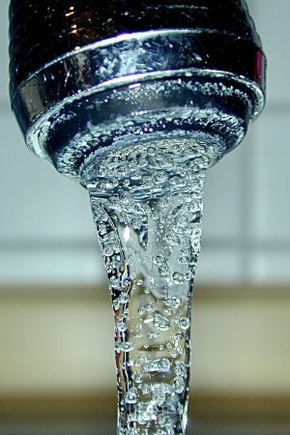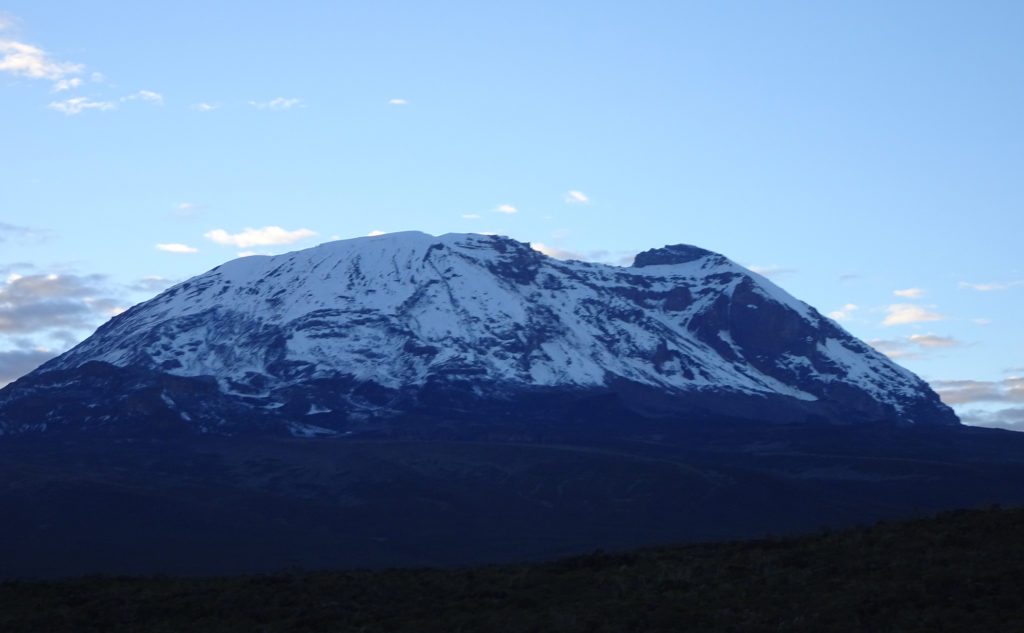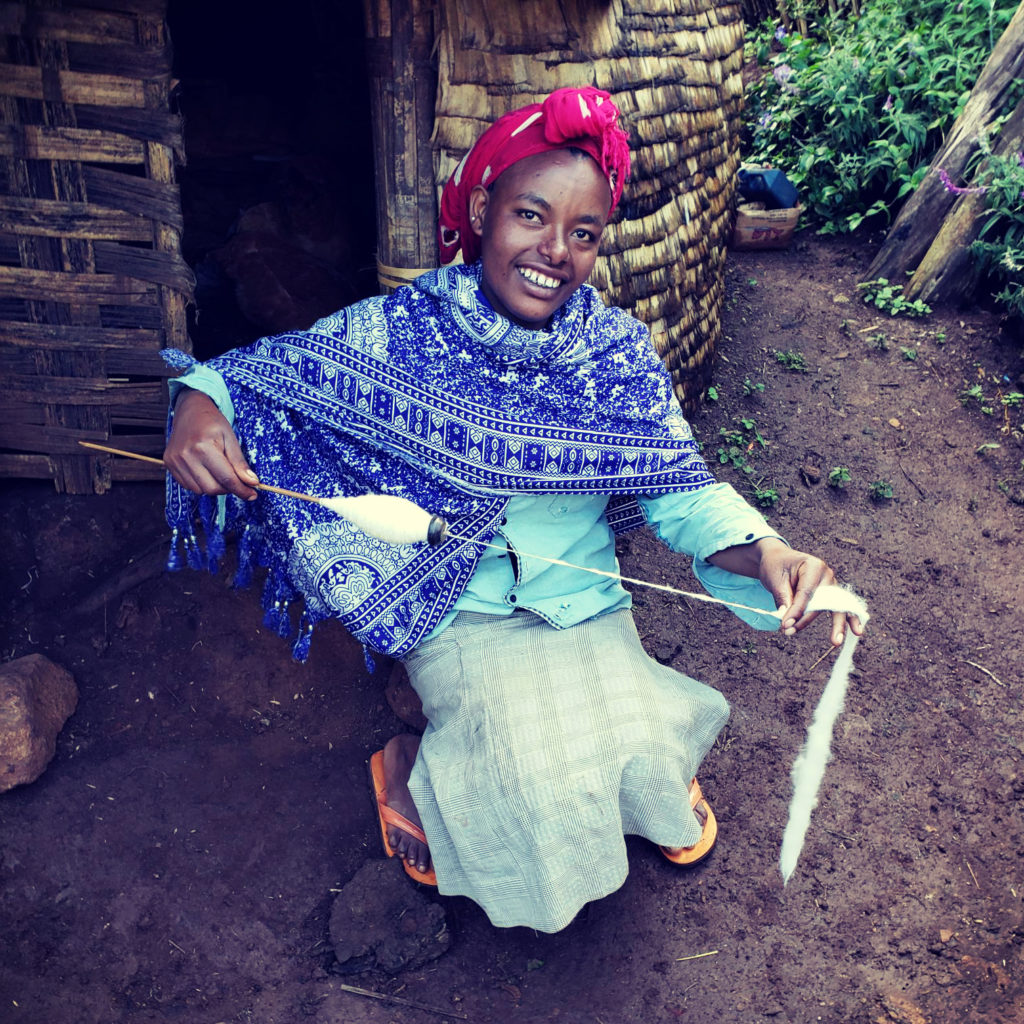
from W2T founder Dick Moeller
Our community has faced some unprecedented challenges in the last several days —the immediate impact upstream in the Hill Country of the flooding of our lakes and rivers, the longer-term impact here in Austin as our water treatment plant was unable to keep up with the necessary pace of filtration. Nobody in our top-ten-everything major metropolitan area would have expected not to be able to turn on a tap for a week.
But, without minimizing the loss and disruption people and businesses here have faced, let me provide a global perspective on our local situation. As the founder of Water to Thrive, a local non-profit building wells in rural east African communities in need, I’ve spent the last decade seeing the effects of a true water crisis first-hand.
In eastern and southern Africa, 243 million people lack even basic clean water access. The largest populations without clean water access are in the three countries we serve: 61 million people in Ethiopia, 27 million people in Tanzania, and 24 million people in Uganda. Waterborne diseases spread rapidly through contaminated water, causing hundreds of thousands of deaths each year, particularly in children. Families lose economic security as one adult must constantly trek for water. Children lose their educational opportunities as they too help haul water, and then lose a chance at a better future.
In the course of our work, as we visit communities to celebrate the completion of water projects, countless people have shared stories that illuminate the crisis. Areke Mulu, a 32-year-old mother of six in the rural Ethiopian locality of Mai Teklu, spoke of walking more than six hours a day to fetch 40-pound jerry cans of water from an unprotected pond before a well was built a few minutes from her home. Lomi Ware, a mother of seven in Gogoame, told us of the pain of losing her two-year-old child to a waterborne disease and in the next moment spoke of the hope that clean water gives to the rest of the children in her family and her community.
So yes, all of us here in Austin have been trying to cope with our unexpected water crisis. We’ve stocked up on bottled water. We’ve kept a pot on the stove for boiling water. We’ve sent our children to school with extra bottles for their classrooms. We’ve limited our showers, stretched out the time between loads of laundry, eaten off paper plates.
It’s been inconvenient, even costly. But not life-threatening. Not even life-changing.
Unless we let it be life-changing.
When I consider the hours women and girls walk to unprotected rural ponds filled with mud and animal leavings, the empty water aisle seems less important. When I think of the thousands and thousands of young girls and boys who are unable to attend school because they must help with this long walk for water or become ill from waterborne disease, sending extra water to school is no trouble at all.
Imagine when we learn the boil notice has been lifted, that the water we took for granted before is running once again. Take that feeling of relief as you run cold water through all your faucets for one minute and run three batches of ice through your ice maker, and consider how it must have felt for Areke as the first clean, safe water began to flow from her locality’s new well. Imagine Lomi watching the first drops gush from a new pump, and think of her hopes for her six remaining children and the rest of her village.
Even as we head out to our local coffeeshops and restaurants to help them recoup, to our grocery stores without gallon jugs on the list, let this episode remind us of the blessings we have. Let us have learned the importance of clean, safe water. Let us recognize the good fortune we enjoy and recall the good works we can do for others to give them those same blessings, that same good fortune, that same clean, safe water that makes every difference in a life. Let us not take our grace for granted.



About The Author: Water to Thrive
More posts by Water to Thrive